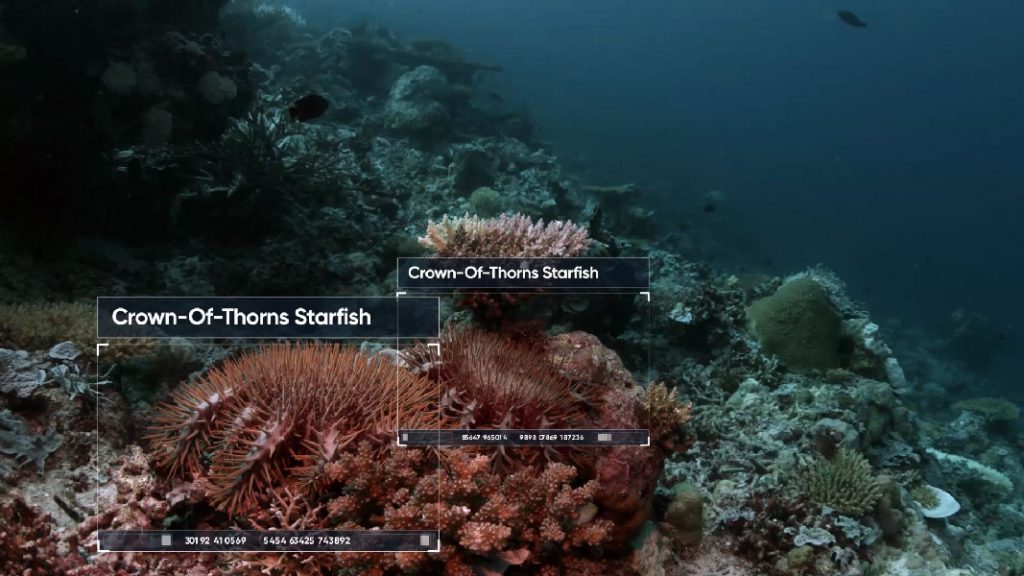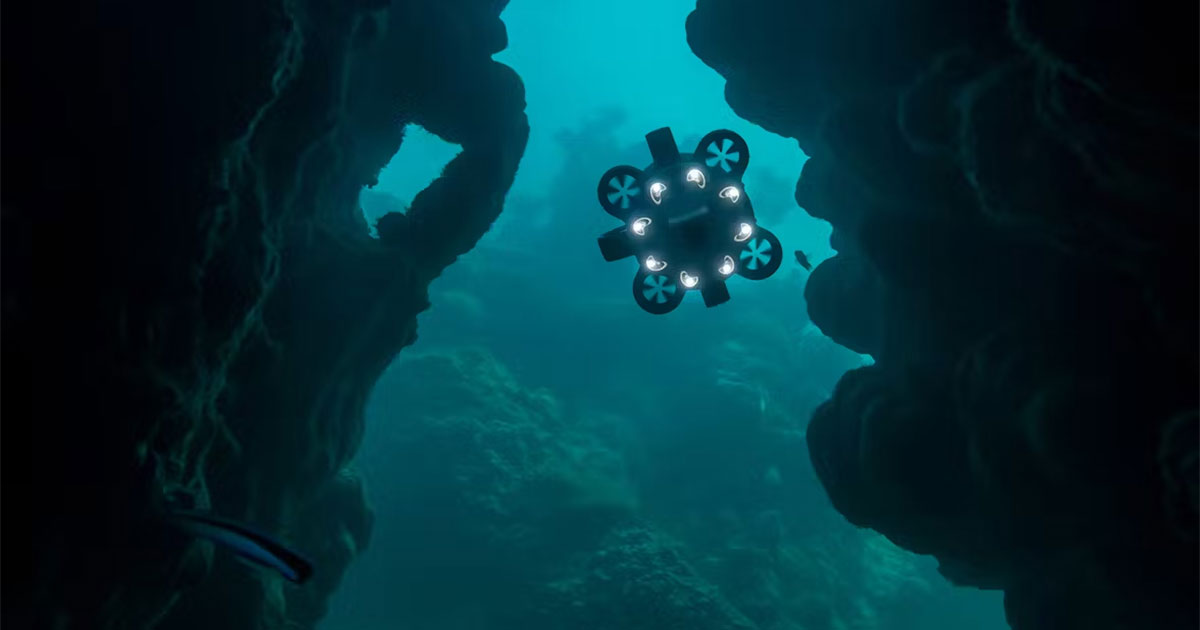Sustainable ocean exploration has been in the headlines as of late. Innovative technologies capable of assisting in the discovery of ocean resources, fragile environments, and new species are changing the way we tackle field operations. Advanced and improved autonomous and remotely operated technologies are now offering solutions that decrease risk to industry professionals while also making significant strides towards the goal of decarbonizing at-sea operations.
Marine robotics, in combination with innovative underwater navigational technology, is providing efficient and accurate data for applied marine science researchers and practitioners. Inertial and acoustic navigation systems, like those produced by Advanced Navigation, improve the ability to correlate spatial data with environmental data collected from the marine environment.
Coastal Monitoring
Globally, investments in marine environmental research have led the charge to improve our understanding of the health and status of coastal marine environments. Coastal seagrass, oyster, and coral reef ecosystems are the foundation for many coastal economies and provide key resources and ecosystem services. As coastal ecosystems have declined due to decreased water quality, increased sea level rise, and the impacts of climate change (i.e., ocean acidification and ocean warming), research programs have centered their goals around monitoring overall health.
Monitoring surveys often consist of repetitive field surveys to assess the changes in the health and status of coastal environments. For example, coral reef monitoring surveys often seek to identify coral species—to assess overall reef diversity, record diseased or potentially diseased colony individuals, and more. Surveys like this often require a large field operations team and several field days to complete a full survey.
In research situations, like coastal monitoring of reefs, robotic solutions like autonomous underwater vehicles (AUVs) can provide lean and efficient platforms to complete surveys in less time and expose field operations teams to less risk. Advanced Navigation’s Hydrus Micro-AUV, first launched in 2022, is a highly portable underwater drone revolutionizing how scientists complete research missions. The Hydrus AUV, paired with Advanced Navigation’s smart acoustic navigation system, provides marine scientists with a survey tool that can access restricted spaces and reach depths unattainable by traditional scientific divers.
Harnessing AI Integration
Long-term coastal monitoring research surveys often span several years, if not decades, and large bathymetry data sets can become complex and difficult to manage. Advanced Navigation’s Hydrus Micro AUV open platform is unique in its ability to integrate artificial intelligence (AI) and machine learning (ML) applications aimed at auto-processing data sets and limiting direct manipulation of data via a subject matter expert.
For example, in a coral reef monitoring survey, the Hydrus Micro AUV open platform can be adapted with AI for auto-classification and identification of general coral species. When compared to traditional scientific diver-driven coral monitoring surveys, autonomous surveys completed by the Hydrus and in combination with the use of AI and ML decreases the risk posed to divers in unfavorable conditions (i.e., low visibility, high wave action, and/or high boat traffic areas) and can significantly decrease back-end post-processing time.
Outside of coastal research monitoring projects, AI and ML applications can be adapted for meeting characterization and image processing missions for seafloor mapping, platform surveys, and even defense exercises.
Mapping the Seafloor
To achieve the largely industry-supported goal—set by The Nippon Foundation-GEBCO Seabed 2030—of completing the map of the ocean floor by 2030, solutions and advancements in technology must be made. Battery-operated AUVs like Advanced Navigation’s Hydrus Micro AUV offers a myriad of tools and capabilities for accomplishing seafloor mapping goals.
Marine environmental research of the ocean’s seafloor expands across various sectors of oceanography. All ocean scientists, whether they be chemically, physically, or geologically focused, can benefit from the use of ocean technologies in field operations. Scientists seeking answers centered around physical, geological features, like seamounts or underwater volcanoes, could improve data resolution, access, and efficiency of research if the use of an AUV was incorporated into their research design.

(Image credit: Advanced Navigation)
The Advanced Navigation Hydrus Micro AUV is mini but mighty. Housed in its small compact design, the AUV offers object classification, bathymetry, and seafloor characterization capabilities. With a 3,000 m depth rating and 4K video resolution, the Hydrus Micro AUV could be the very tool sitting between keeping scientists in the dark or achieving industry discovery.
Servicing Offshore Renewable Energy
Outside of traditional monitoring and bathymetry projects, the use of AUVs in offshore industry and energy has increased. As the offshore renewable industry expands, applications for AUVs grow. From platform inspections to biological diversity studies for environmental impact assessments, AUVs are just another piece of the puzzle.
Instead of mobilizing a team of commercial divers—and exposing them to additional environmental risk—an AUV can perform fast, effective inspections while also meeting industry decarbonization goals.
Overall autonomous and uncrewed platforms are the method and instrument of the future. With wide applications for marine research and ocean industry platforms like the Advanced Navigation Hydrus Micro AUV offer solutions to decrease risk, decrease resource uses, and improve overall efficiency during applied marine science research projects.
To learn more about Advanced Navigation’s marine environmental research tools, visit: https://www.advancednavigation.com/
This feature appeared in Environment, Coastal & Offshore (ECO) Magazine's 2023 Deep Dive II special edition Marine Environmental Research, to read more access the magazine here.





